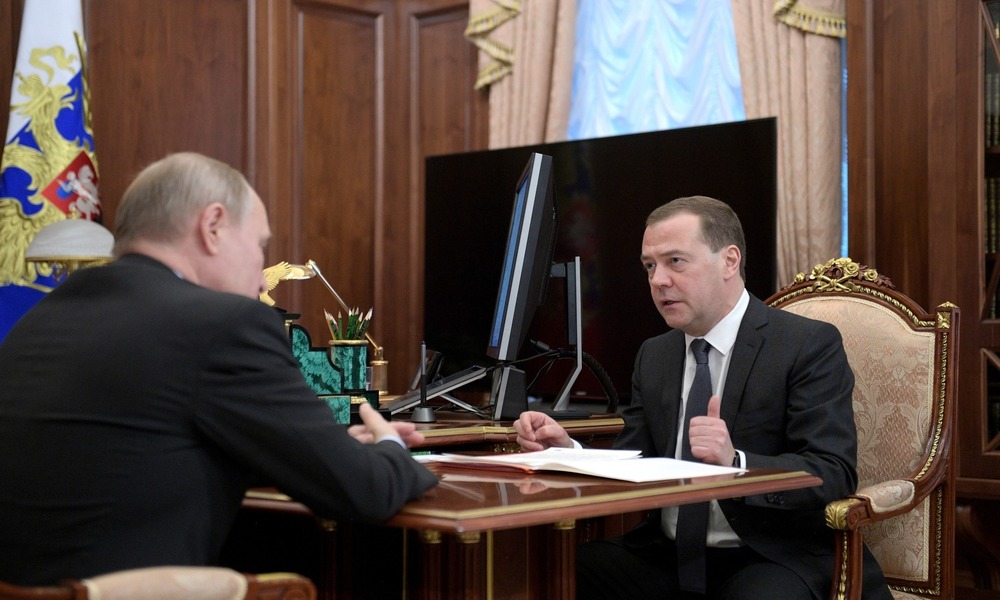RUSSIA MONITOR
Date: 22 January 2019
Russia’s Poor Public Mood
According to polls published in late 2018 and early 2019, Russian society’s opinion on the Russian authorities has never been worse. Citizens are increasingly critical towards both the government – an institution that tends to be accounted for all state’s problems – and the president. Interestingly, the latter until now played the role of a “monarch” who seemed to rule over troublesome issues of the Russians.

Formally, according to a December survey by the Centre pollster, Russia is not plunged in a crisis, being in a phase of stagnation instead. Even though the state’s economy is currently not going through a recession, research has shown that most Russians believe the country to do badly, a situation that could be observed after a drop in oil prices (2014) and the introduction of Western sanctions. This seems to be best seen in regular household expenses, as exemplified by a poll published in October 2018 on long-term plans that found that 46 percent of Russians “do not even know what may happen to them in the next few months”. This shows a 10-percentage drop compared to May 2016. The number of Russians, according to whom 2019 will be worse than the previous year, has doubled from 16 to 33 percent compared to the turn of 2017 and 2018. Yet such a situation can hardly be referred to as surprising. The current year will mark Putin’s two most unpopular bills: a VAT rise from 18 percent to 20 percent and an increase in the retirement age.
The gradually worsening assessment of the country’s both economic and social situation finds its reflection in the government’s popularity ranking. A poll released in January 2019 by the state-owned pollster, the Russian Public Opinion Research Centre (VTsIOM) found that only 33.4 percent of people trusted President Vladimir Putin, which marked his lowest popularity level in history. Russian leader so far managed to avoid responsibility for both unpopular decisions of the country’s authorities and problems of Russia and its citizens, usually pointing the guilt to the West, the government and corrupt officials. A late November poll by Levada Center might have worried the Kremlin even more than previous results that suggested that fewer and fewer Russians would declare their eagerness to vote for Putin (56 percent compared to 66 percent a year earlier). The latter result could be easily reversed by various political tricks, though. Yet the situation seemed to dramatically worsen when 61 percent of Russians said Putin is fully responsible for the nation’s problems while 22 percent partially blamed the president for them. Never before has there been such a large group of Russians (82 percent) who do not consider Putin as a good tsar, but rather as a president being responsible for both what is good and bad for the nation. This should be underpinned by low popularity of the government that is still backed by President Putin. A December survey showed that 53 percent of Russians wanted Medvedev’s government to resign, a result that any Russian government has not obtained for the past seventeen years. Back in November 2018, some 33 percent supported the removal of the cabinet, claiming that both political and social policies could be referred to as the main source of public dissatisfaction. The poll found that 57 percent of Russians blamed the government for its ineffective fight against rising prices and a sharp decline in the population’s income. Nonetheless, no one may expect that the government’s ever-growing unpopularity will result in its dismissal. Medvedev’s team has long acted as a “bumper” which is meant to assume most criticism for controversial social and economic decisions.
All texts published by the Warsaw Institute Foundation may be disseminated on the condition that their origin is credited. Images may not be used without permission.














